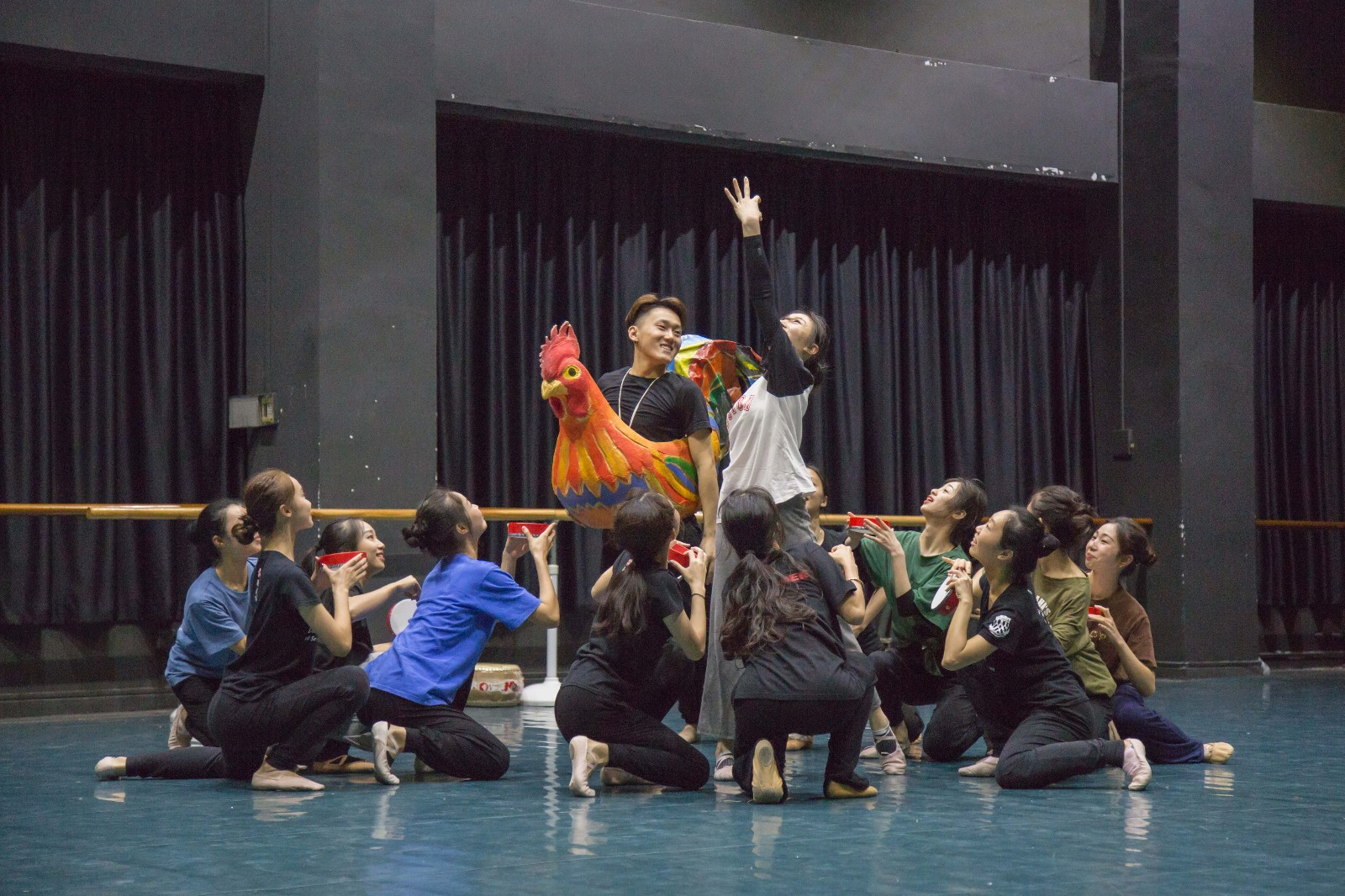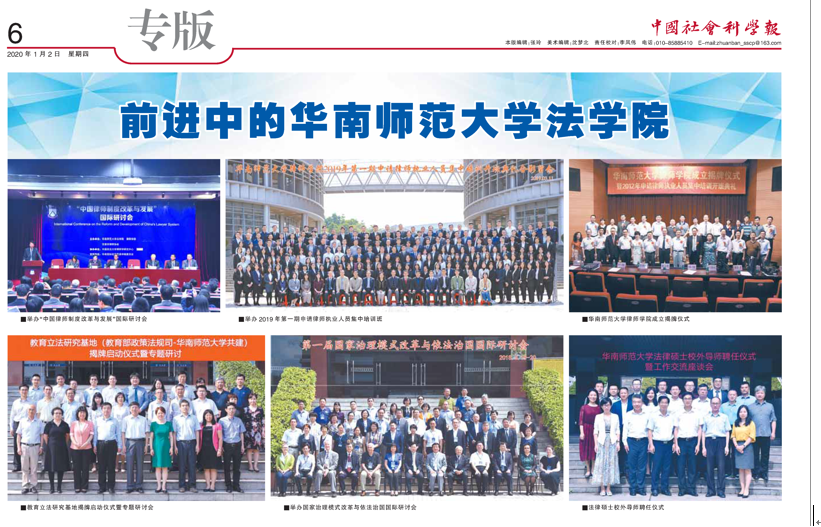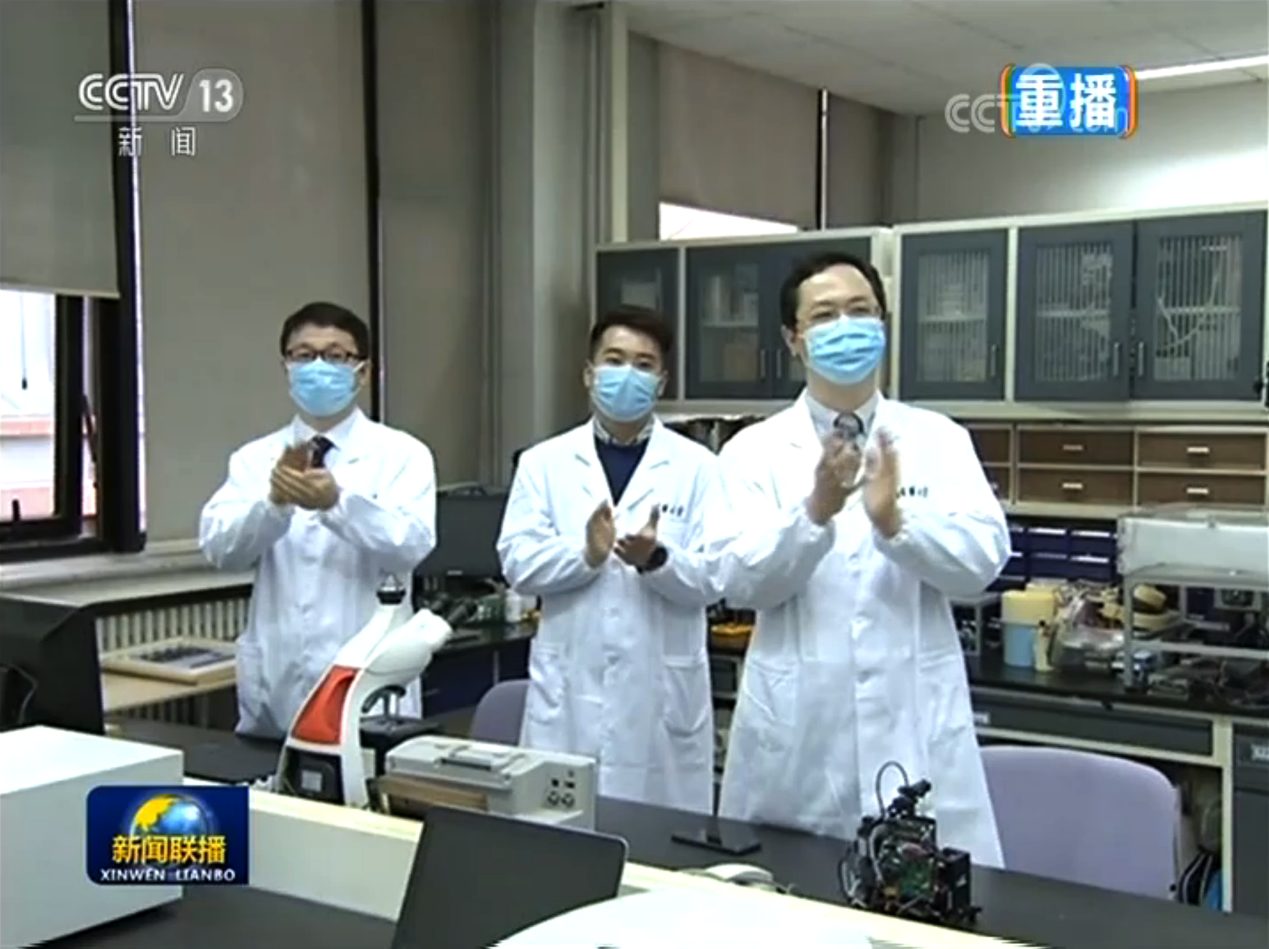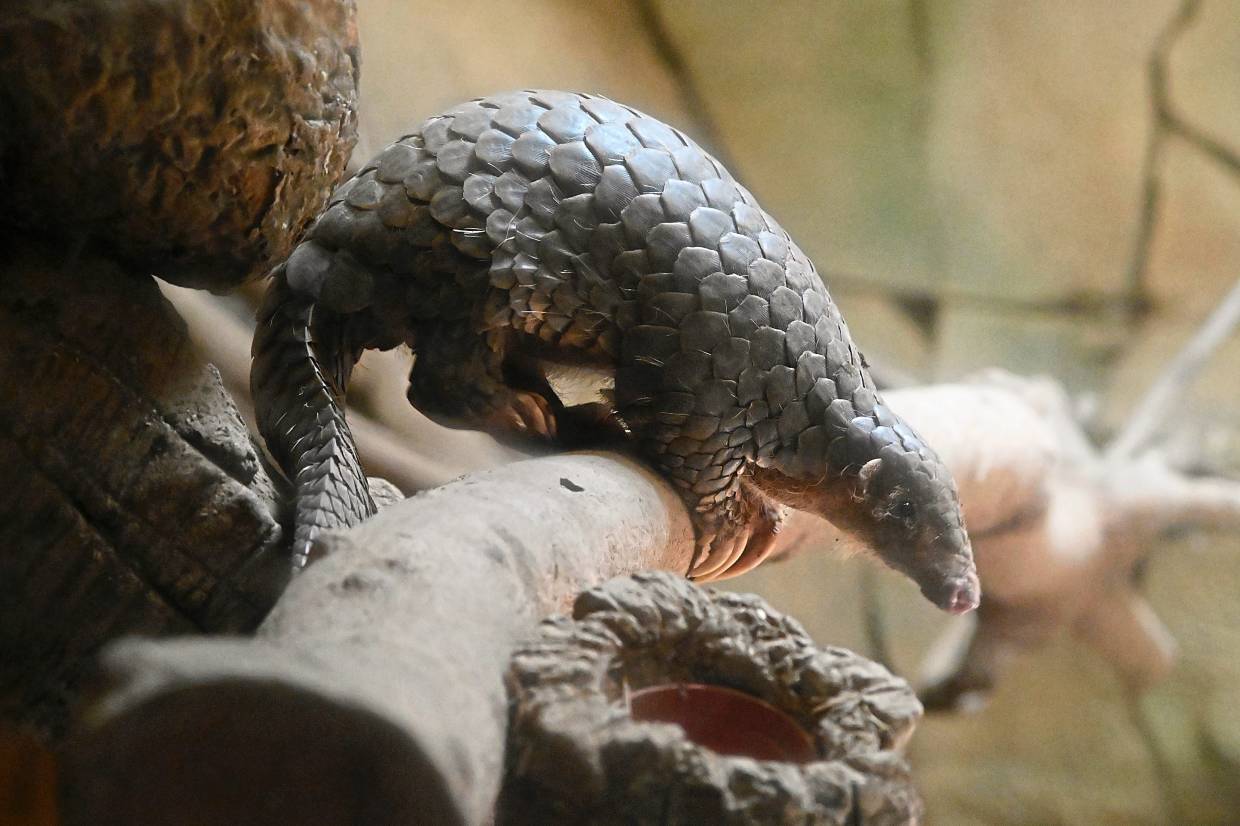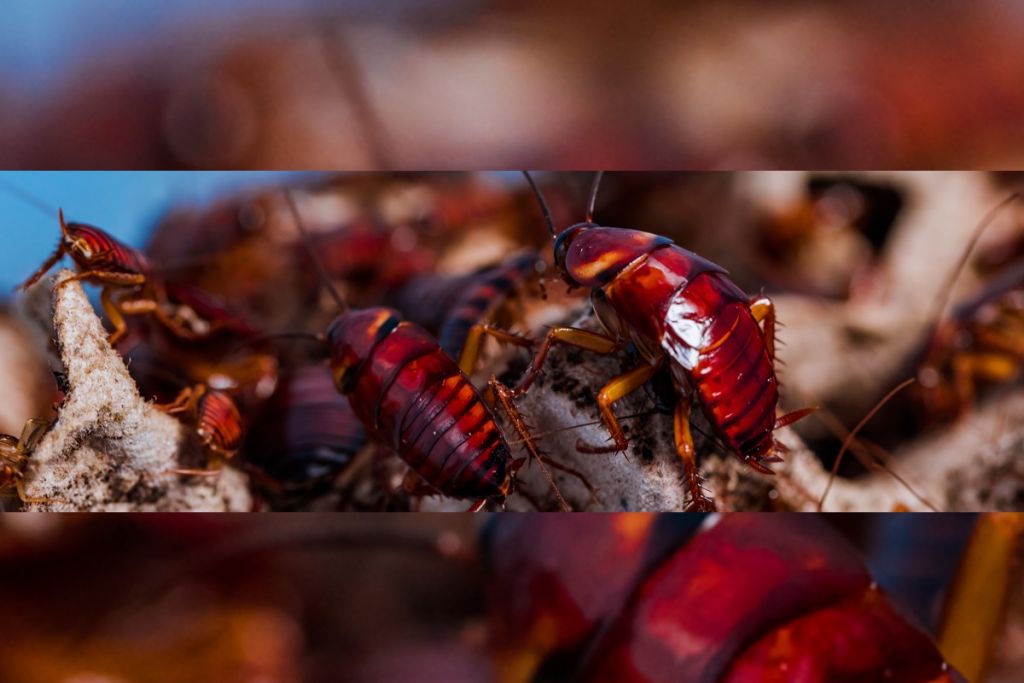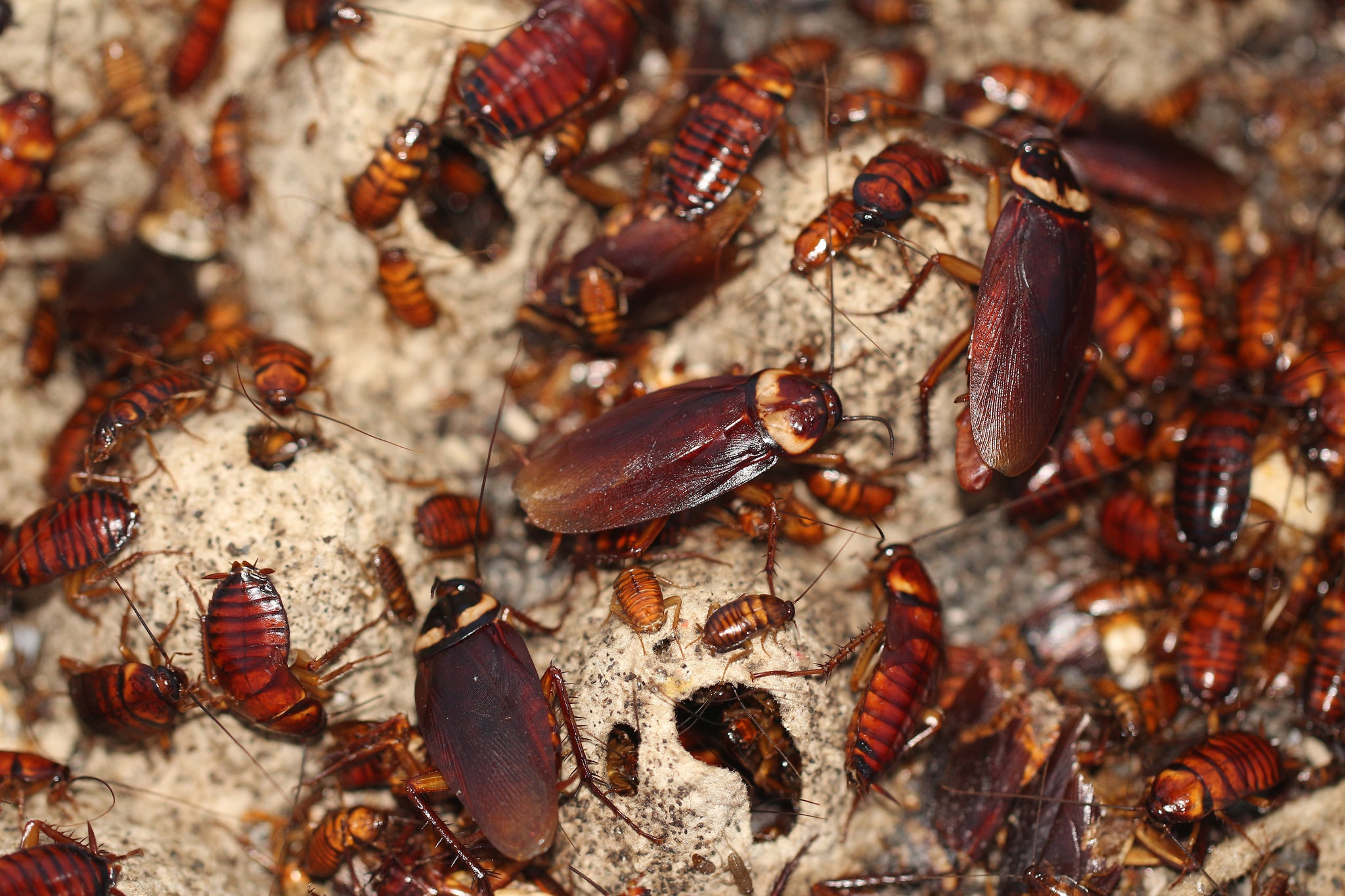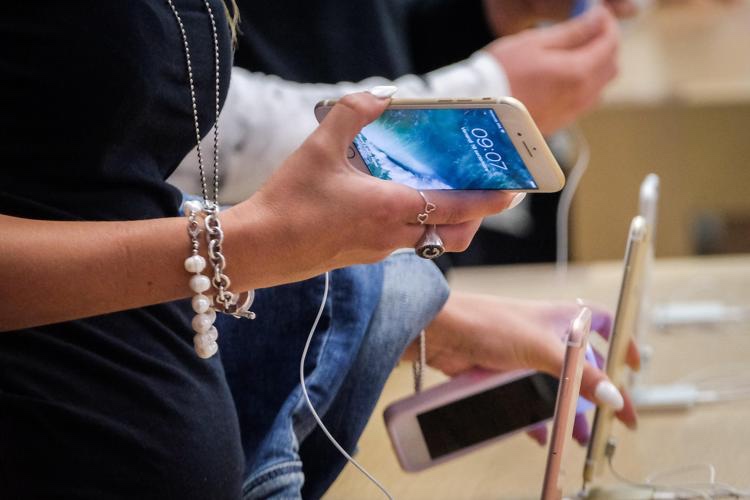
Likes
Does spending hours in front of your smartphone age you? A study conducted on fruit flies, among the researchers' favorite subjects for their investigations, seems to suggest that exposure to the light that illuminates screens could have an effect. And the authors invite us to "pay attention to the potential risks arising from cumulative exposure to blue light in humans". From the research, published in 'Pnas Nexus', it emerged that daily exposure to low intensity blue light, similar to that experienced daily by billions of human beings in the form of LED lighting and device screens, modified insects on a subcellular, influencing processes related to aging and circadian rhythms.
For their analysis, Xiaoyun Wang, of South China Normal University in Guangzhou, China, and colleagues subjected Drosophila melanogaster (colloquially, fruit flies) to daily exposure to low-intensity blue light for various durations and then analyzed the consequences on the cellular composition of insects, compared to midges reared in the dark. Particular attention was paid to the effects of blue light on N6-methyladenosine (m6A), an RNA modification common throughout the tree of life that plays a role in a wide range of processes. The authors found that blue light induces m6A reprogramming in several ways. RNA profiles in the heads of 25-day-old male flies exposed to blue light were significantly different than those of peer insects reared in the dark.
According to the authors, the types of up- and down-regulated genes suggest that exposure to blue light can damage neuronal function. When comparing whole-body transcriptomes, age created greater differences between groups than light exposure, suggesting that Drosophila eye and brain tissues are the main tissues affected by blue light. Differences in the levels of m6A mRNA, and other m6A-related markers, between flies raised in blue light and in the dark indicate that m6A methylation may be involved in the impacts of blue light on Drosophila.
The authors explain the significance of this study directly: "The widespread use of LEDs has brought revolutionary changes for humans. However, the potential risks to health, cognitive abilities and aging deriving from extensive exposure or long-term exposure to artificial blue light are poorly understood" to date. "In this work, we use the model organism Drosophila melanogaster to study the impacts of blue light exposure with multiomic approaches. Our study provides a systematic evaluation of induced reprogramming, coordinated with aging, in an animal model, which will lead – this is the hope of the experts – attention to the potential risks of cumulative exposure to blue light in humans".
Source: https://www.ruetir.com/2023/12/does-a-smartphone-make-you-age-the-study-on-midges-says-yes/
What to read next:
